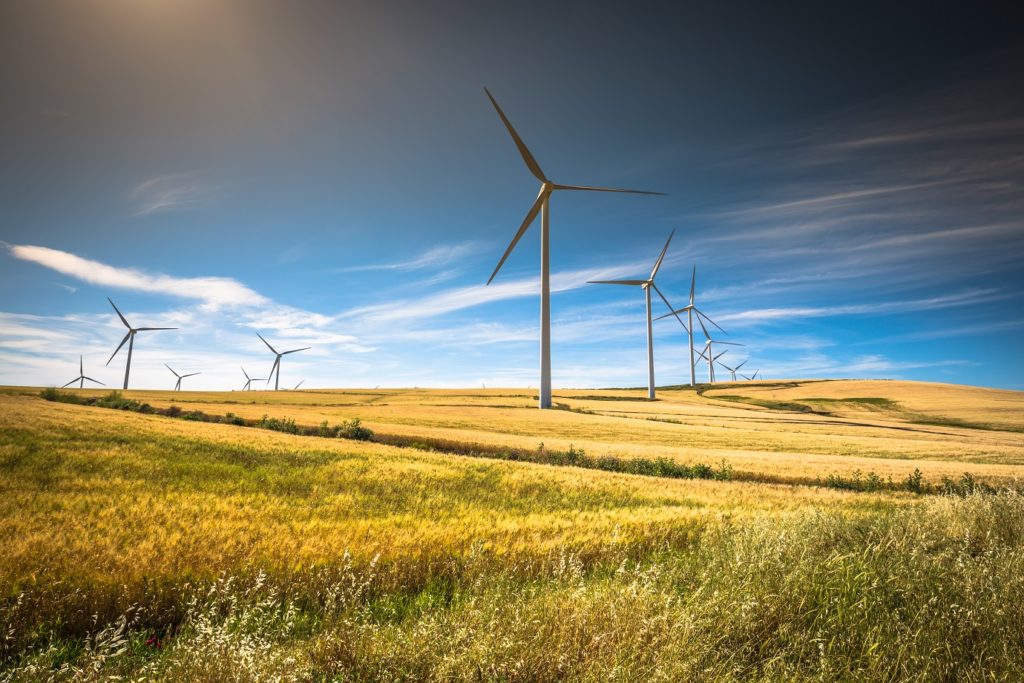Celebrated author and environmental activist Arundhati Roy tells us that crises can be portals to a different world. Could COVID-19 be just such a portal?
The catastrophic coronavirus pandemic has brought into sharp focus the need for governments to balance the wider interests of the community against the perceived need to pursue economic growth at all costs.
This unsustainable economic model has led governments to chase short-terms gains over the longer-term needs of people and the planet. We have seen this, for example, in the federal government’s unwillingness to take strong action to reduce Australia’s greenhouse gas emissions, their reluctance to listen to our nation’s children who are rightly concerned that climate change is stealing their dreams of the future, and their inability to develop a decent plan to green our economy.
Science tells us that time is running out. We are at a tipping point where planetary boundaries necessary for the long-term survival of our species and the planet are being crossed. 150 years of unsustainable growth, power over people and the planet, greed and immorality have a heavy price.
COVID-19 is not Mother Earths’ revenge on us. It is a human-made disaster – brought about as a result of unfettered growth and our collective disregard for the natural environment.
Encroachment on natural ecosystems through resource exploitation (for example, logging and mining), intensive agricultural activity, human settlements, as well as climate change, provides opportunities for pathogens to spill over from wild animals to people, especially when the natural disease resistance that may result from rich biological diversity is lost.
Diseases that have jumped to humans from other animal species are known as ‘zoonoses’. Apart from COVID-19, other examples include Ebola, HIV and SARS. Humans are destroying the ability of ecosystems to regulate such diseases.
The wanton exploitation of our natural environment must change. A different world must emerge – for our children’s sake.
So if COVID is indeed the portal to a different world, what might that world look like?
Imagine a world where we stabilise climate change, halt species extinction and increase forest cover.
Imagine a world where global agriculture is regenerative, and farmers are viewed as guardians of ecosystems not just producers.
Imagine a world where all inequality (race, gender, caste, age, ability) is overcome, and where violence is but a nightmare from the past. Imagine a world where people and the planet matter more than politics, power and profit.
Imagine a world where no child is left behind and where the Earth (our only home) is cared for.
If a world like this world seems too idealistic, that is because for too long our leaders’ priorities have become those of big business and vested interests. Their worldview has become myopic – power and profit are their mantra. Their interests lay not in the masses, the vulnerable or the disenfranchised. They care little for the natural environment and its critical role in sustaining all life on Earth, running rough shod over the rights of everyday people and the planet.
For too long we have become used to this, expecting so little from our leaders. This needs to change if a different, kinder and better world deserving of our children is possible.
In Arundhati Roy’s own words: “We can choose to walk through it, dragging the carcasses of our prejudice and hatred, our avarice, our data banks and dead ideas, our dead rivers and smoky skies behind us. Or we can walk through lightly, with little luggage, ready to imagine another world. And ready to fight for it.”


